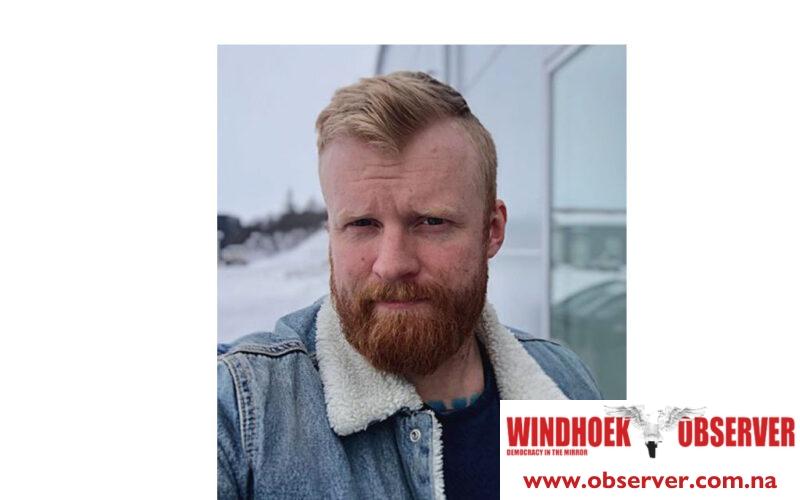Hertta-Maria Amutenja
The High Court of Justice, Business and Property Courts of England and Wales, on 14 November, issued a judgment in a case concerning the use of Samherji’s trademark by artist Oddur Eysteinn Fridriksson, also known as ODEE.
The court upheld all of Samherji’s claims of trademark infringement, ruling that Fridriksson had violated the company’s intellectual property rights.
The case began when Fridriksson registered a website in the name of Samherji with a British domain last year.
According to the judgement, the website used the company’s logo and other intellectual property, leading to confusion as it appeared to be the official UK website of the company. Fridriksson also sent out false press releases in Samherji’s name. Samherji took legal action, accusing Fridriksson of intellectual property theft and fraud.
In its ruling, Master Teverson concluded that the use of Samherji’s logo on the website was intended to give the site authenticity and make it appear official, rather than for artistic critique or commentary.
The judge also rejected arguments made by Fridriksson’s legal team that the website was an artistic performance or a form of expression protected under freedom of speech.
The court found that the website and its domain name were “instruments of fraud,” set up with the deliberate intention to deceive the public.
The case centred around the use of Samherji’s logo and domain name, which the court determined was deceptive and intended to mislead the public into believing the website was an official Samherji site.
“The design of the website was not intended to criticise or review Samherji, but to mislead and deceive,” read the judgment.
The judgment also stated that the infringement of Samherji’s trademark did not fall within the boundaries of artistic expression, such as caricature, parody, or pastiche. The judge emphasised that freedom of expression could be subject to restrictions, especially when it concerns the legitimate rights of others, such as intellectual property rights.
Fridriksson, who now goes by ODEE, expressed disappointment with the outcome.
He described the legal battle as an attempt to suppress his artwork, which he sees as a commentary on corporate responsibility and freedom of expression.
“We’re Sorry has already claimed its place in history. This judgment enforces the will of a corporation and casts a chilling effect on those who would dare to publicly criticise Samherji.”
Fridriksson remains resolute in his belief that “We’re Sorry” serves a larger social function, challenging corporate practices and encouraging public discourse on accountability.
Fridriksson’s lawyer, Andra Matei, added the challenges faced throughout the legal proceedings.
“We never expected this to be easy or simple. We are up against corporations with millions and millions of dollars and legal systems that have historically not paid attention to the crucial role that artists, such as ODEE, play in the strengthening of democracies. This is why—while we are disappointed, this decision has only furthered our resolve to take this fight all the way to the very end,” said Matei.
In response to the judgement, Samherji issued a statement on its website, expressing satisfaction with the court’s ruling.
The company’s chief executive officer (CEO) of Samherji, Thorsteinn Már Baldvinsson, said it was forced to take legal action to protect its trademark after all attempts at resolution had failed.
“This ruling clearly distinguishes between legitimate artistic expression and the misuse of a registered trademark,” said Baldvinsson.




